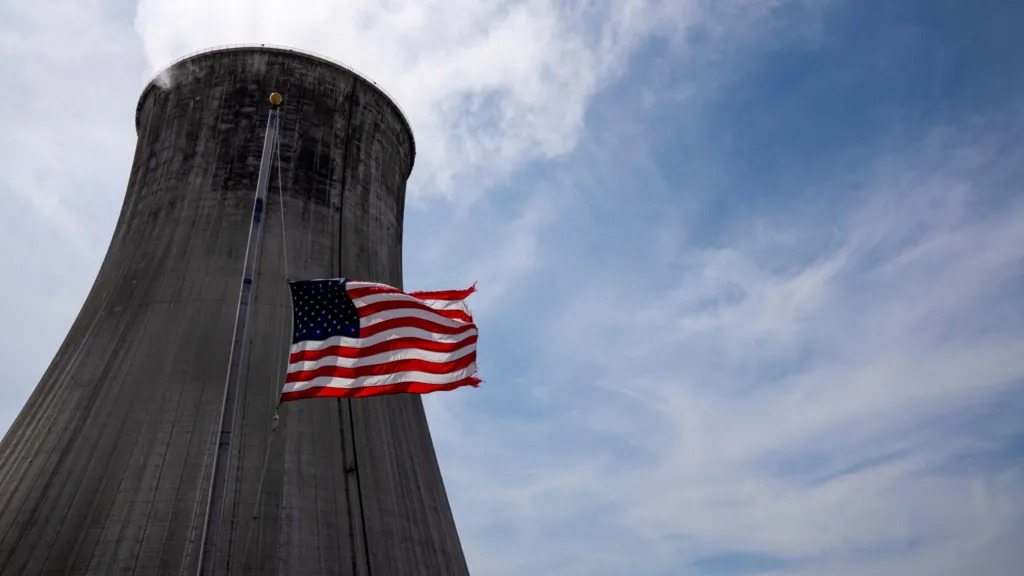
China’s Retaliatory Tariffs: Impact on US Energy Exports
With China targeting US coal and gas imports, the tariffs are likely to have a significant effect on the American energy sector. Coal and LNG, critical exports for the US, face a 15% import tax under the new measures, which will reduce their competitiveness in the Chinese market.
China has also imposed 10% tariffs on crude oil from the US, along with pickup trucks and agricultural machinery. These tariffs are expected to impact industries in states that rely heavily on exports to China, as the trade war continues to escalate.
In addition to the specific tariff measures, China has announced restrictions on the export of 25 critical minerals crucial to various industries. Key materials such as tungsten (used in aerospace), tellurium (essential for solar panels), and molybdenum (used in strengthening steel alloys) are included in the export restrictions, which could disrupt supply chains for US industries reliant on these resources.
Critical Minerals and Blacklisted US Companies
Beijing’s retaliatory response doesn’t stop at tariffs. The Chinese government has also added more US companies to its “unreliable entity” blacklist. Firms such as PVH Corp, the owner of Calvin Klein and Tommy Hilfiger, and biotech company Illumina have been targeted for alleged discriminatory actions against Chinese entities. Companies placed on this blacklist could face severe sanctions, including fines, restrictions on business activities, and the revocation of work visas for foreign employees.
Additionally, a Chinese competition watchdog has launched an antitrust investigation into Google for alleged violations of competition rules. While Google’s primary search engine has been blocked in China since 2010, the company continues to operate there in limited capacities, including app distribution in collaboration with local developers.
Broader Impact of the US-China Trade War
The tension between the two economic powerhouses isn’t new. Over the years, both the US and China have imposed hundreds of billions of dollars’ worth of tariffs on each other’s goods. The latest escalation moves the trade war into high-impact areas such as energy, minerals, and advanced technology, further straining diplomatic and economic relations.
While China’s moves have drawn international attention, the Trump administration’s strategy has also played out in other areas. For instance, President Trump recently suspended his tariffs on Mexico and Canada for 30 days after negotiations on stricter border controls and measures to curb fentanyl trafficking. These last-minute deals highlight how the trade war stretches beyond China, with neighboring countries accounting for over 40% of US imports in recent years.
However, the uncertainty of Trump’s trade policies continues to ripple through markets. Businesses have expressed concerns about the long-term effects of the standoff, pausing investments and scaling back hiring amid fears of instability.
External Link :
Learn more about global economic policies on BBC
Internal Link :
Explore the impact of tariffs on global trade





